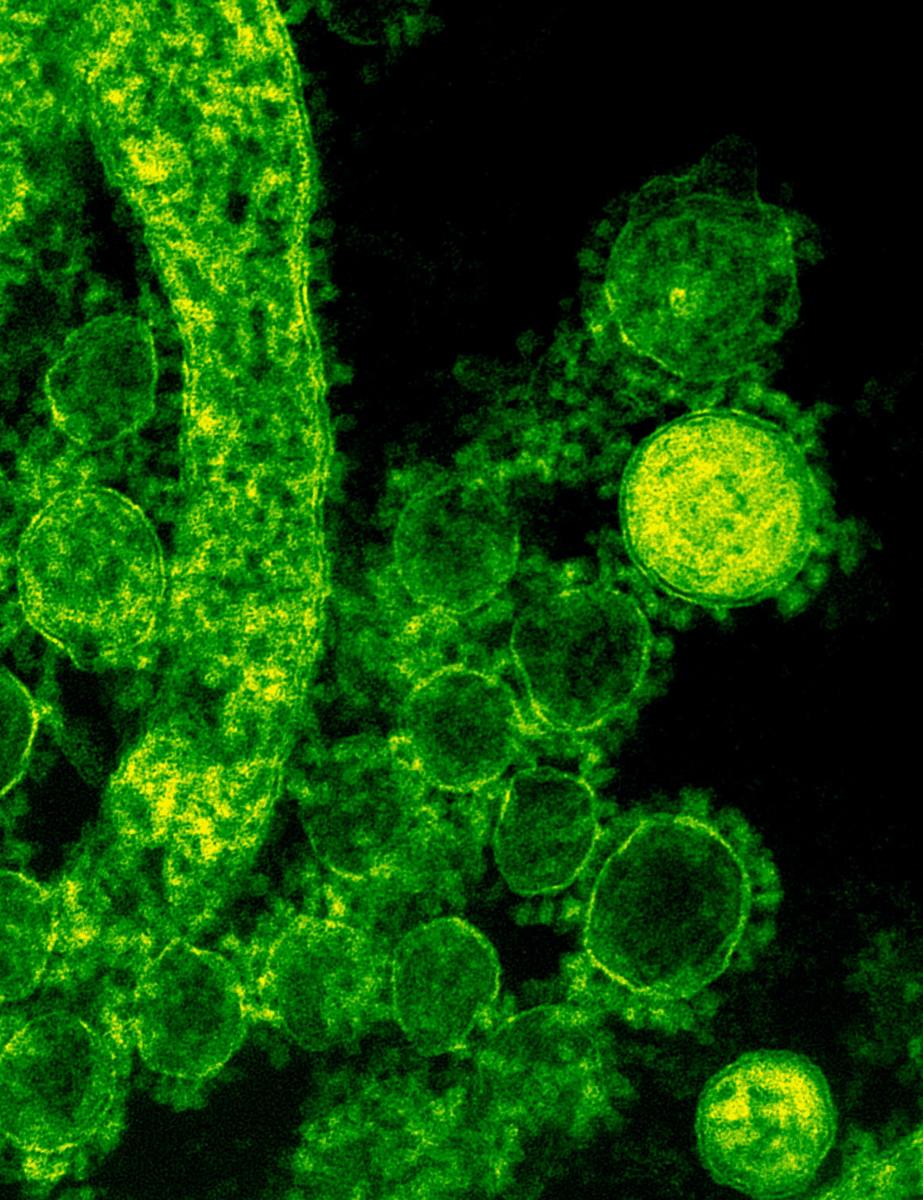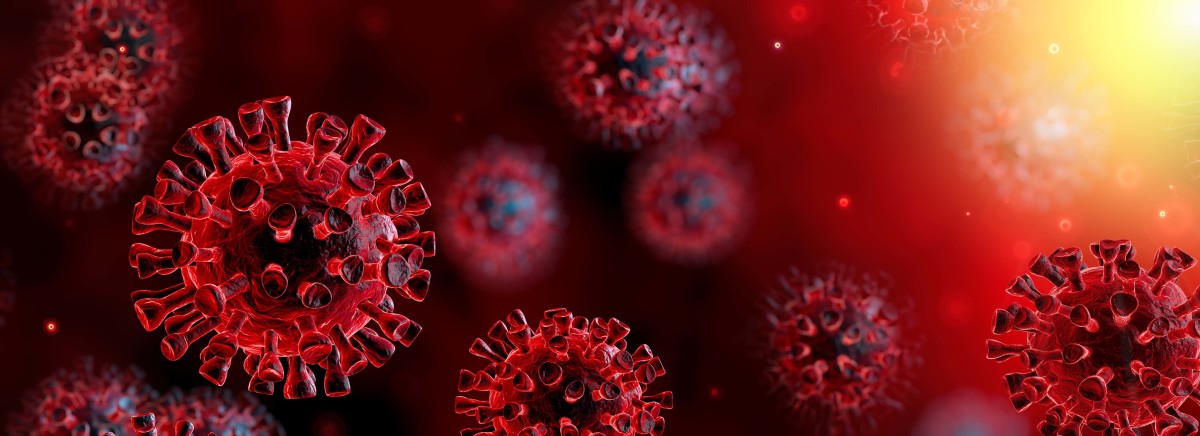How laymen may understand vaccination, and immunization.
Some people belief that vaccination is a sure means of acquiring immunity against a specific disease but it is not always the case. The writer was among such people until he gained more knowledge in the medical field. In as much as the idea of developing immunity against a specific disease is the primary aim of vaccinating an individual or animal yet vaccination is not an assurance of being immunized against that specific disease.
Immunity can be natural or acquired. It is said to be natural when an individual is resistant to such disease in that an infection by such organism will cause little or no harm. The natural immunity can be as a result of the genetic make up of an individual which is present from birth or it can be passed on from a mother to an offspring before birth. An acquired immunity demands some degree of exposure to the agent causing the disease before immunity will develop and this is the primary aim of vaccination.
Following the events that surround the discovery of vaccine/vaccination, the writer is of the opinion that natural and acquired immunity may be a relative term. This is because even though it is known that some species are naturally immune against some diseases which affect other species and this can be as a result of genetic difference between species and, in this respect, can be said to be natural. It is also known that even within species/in a family of same parent some individual appear to be completely resistant or have a level of resistance to some diseases which easily affect their kind. Here again, we may attribute it to the genetic differences which makes each individual unique but it is still possible that such individual had been vaccinated by nature, herself, as a result of their activity which may be unknown to them. That is to say that such individual may have, unwittingly, been exposed to the agent that causes such a disease and the exposure was such that they were immunized against the disease but it can be seen as a natural immunity since no artificial vaccination was given.
There are many reasons why vaccination may not necessarily lead to immunization.
This is usually due to vaccine failure thereby immunization will not take place. Firstly, it has been reported that giving an under dose of a vaccine will lead to a situation in which the required immunity will not develop. Giving an expired vaccine, and wrong storage of the vaccine can also lead to non-development of immunity. The age at vaccination and the physiological status of an individual is also important. It is also known that some live vaccines can even cause harm following reactivation or for any other unexplained reasons. This is one of the risks involved in using live vaccines and that is why immunologist and others in the medical field have developed other ways of producing vaccines.
Vaccination is an important means of disease prevention but it should be known that vaccination is not an assurance of immunity especially when it is not rightly done or when an individual is not immunological competent and, as such, is unable to produce sufficient immune cells that will confer immunity.







